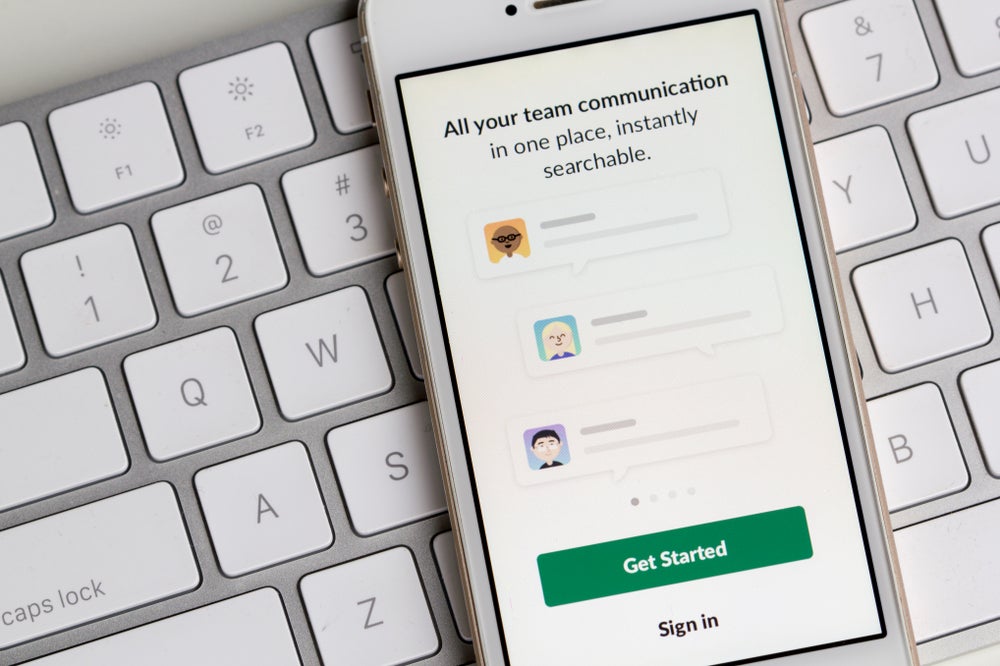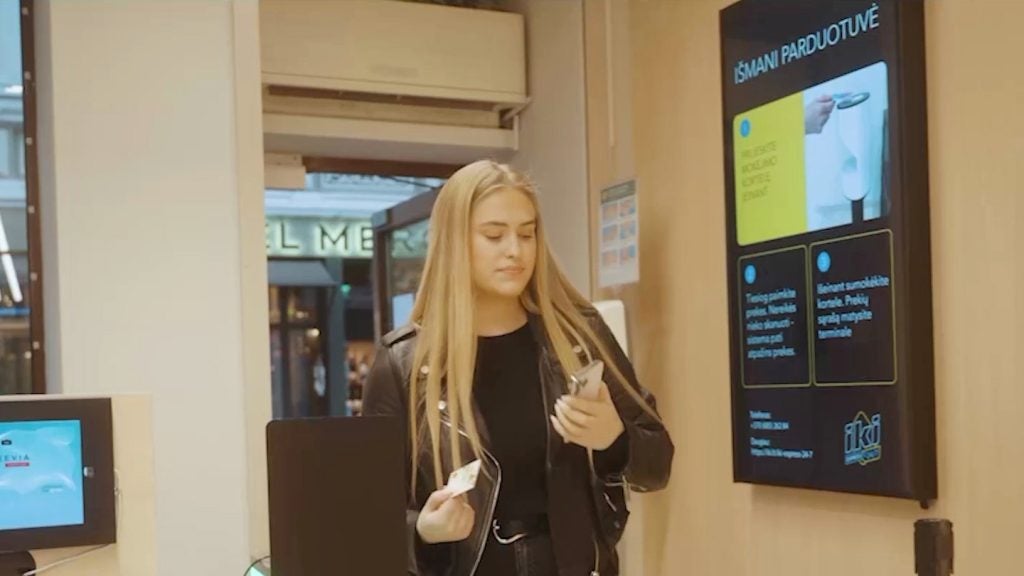
2020 has seen a meteoric rise in demand for messaging and collaboration tools, catalysed by office-workers becoming remote employees overnight. These platforms are now ubiquitous in the workplace and continue to be in high demand.
As we move into 2021, and hopefully past the pandemic, how will workplace communication tools continue to serve workforces as they return to the office?
Outside of a pandemic, organisations can’t turn a blind eye to work being conducted via consumer messaging apps. There’s no audit trail or control over the organisation’s data, and at the same time sensitive data gets locked into third party systems whose very business model revolves around data mining.
Likewise, as collaboration apps spread throughout the entire workforce, there is a massive opportunity to have an open ecosystem for collaboration, with data encrypted by default – which the likes of Slack and Teams do not and cannot provide.
With the time to plan properly, what will they look for in their collaboration tools?
The crumbling of walled gardens
As we move out of lockdown and offices start to reopen for workers, it’s clear there won’t be a return to the standard pre-pandemic routine. The World Economic Forum recently revealed 84% of organisations plan a significant expansion of remote work for their white-collar workforce – with the potential to move 44% of their workforce to operate remotely.
How well do you really know your competitors?
Access the most comprehensive Company Profiles on the market, powered by GlobalData. Save hours of research. Gain competitive edge.

Thank you!
Your download email will arrive shortly
Not ready to buy yet? Download a free sample
We are confident about the unique quality of our Company Profiles. However, we want you to make the most beneficial decision for your business, so we offer a free sample that you can download by submitting the below form
By GlobalDataWork-life balance, reduced office space and global coordination were already driving new ways of working, but Covid has accelerated that gradual trend by five or six years. Hybrid working, with employees splitting their workdays between the office and home, will be the norm for many and puts more mature requirements on messaging and collaboration.
So these communication channels will evolve. Currently, organisations are spread across a range of platforms, from video conferencing to group chats and messaging apps.
Ironically, collaboration platforms stifle the collaboration they offer by insisting on communication silos, keeping users locked-in. Businesses will be looking for technology which provides true interoperability between platforms. Users want the same far-reaching communication ability as email; where an enterprise email, Gmail and personal email simply work together, and can be accessed via several apps, from Microsoft Outlook to a web browser and Apple Mail. Interoperability is the principal reason why email, although thoroughly outdated, still lives on.
We’re already seeing the potential of interoperability being explored in Europe. German regulators are investigating WhatsApp and other messaging apps, exploring their handling of personal data and whether sending messages between different chat apps could boost privacy. The EU is also evaluating how best to regulate Big Tech and is looking to open up the comfortable silos the giants made, which hold users and their data hostage within platforms. Interoperability will promote competition and innovation between messaging and collaboration apps, improving productivity, privacy and security. In 2021, platforms which choose to maintain their walled gardens will lose long term to those adopting open communication standards.
The rise of digital sovereignty
Privacy will remain a huge issue for messaging and collaboration tools in 2021. There’s the obvious; such as celebrities or politicians falling foul of imposters eavesdropping their WhatsApp conversations. The inevitable; a major hack into a centralised messaging app or collaboration system – those honeypots will be just too tantalising for some.
But most importantly we’ll see a sustained move towards data sovereignty.
Many organisations want to keep their messaging and collaboration on their own servers, or at least have the option to repatriate them. By keeping ownership and control, they can ensure an enterprise-grade solution.
Mainstream messaging apps – such as WhatsApp – are centralised systems that keep user data and messages on their own servers. It is a substantial risk for organisations to have their workforce using consumer messaging apps.
The messaging app provider’s servers are quite probably located in a different country from the organisation itself, which creates data residency issues. It is not clear which third parties a messaging app provider may grant access. And, of course, many messaging apps are available for free because the company behind it profits from data mining.
While exceptions could be made in the early stages of the pandemic, few chief information security officers or chief privacy officers will allow continued use of consumer-grade messaging apps.
Large-scale alternatives are already in place, showing where organisations are headed. The French government’s messaging platform, Tchap, uses the Matrix open network to host its own messenger. So does the Bundeswehr, Germany’s armed forces, and the German states of Schleswig-Holstein and Hamburg.
The emergence of peer-to-peer messaging
2021 will see peer-to-peer (P2P) communication emerge, which allows users to store their conversations locally and remove users’ dependency on the internet to communicate. With P2P, servers will become an optional but desirable luxury for backing up conversations and giving them a permanent home. By removing reliance on the internet to facilitate conversations, users are able to break free of the infrastructure that decreases user privacy. It also means local connectivity in remote locations, from caves to outer space, and a way to connect the unconnected.
P2P communication not only extends the frontier of where communication can occur, but it will also provide users with absolute, total autonomy and ownership over discussions as their device acts as their own personal server. This means discussions only exist on their communication devices, just as photos only stay on your phone unless you choose to back them up to iCloud or Google. P2P services also prevent the accumulation of metadata, which would reveal who is talking to who and when. While it may be difficult to adopt and implement, more organisations will start to take an interest in P2P communication to provide greater user privacy in 2021.
2020 has been a significant year for messaging and collaboration tools; a significant spike in usage, but also the end of a centralised ad-funded era.
Creating open communication standards which are secure at all times, and even allow users total control over their conversations, will drive the sector forward. The industry will pivot on user-privacy, to the benefit of consumers and organisations alike. A burst of innovation will challenge Big Tech’s status quo, spurred on by enterprise-level requirements, consumer privacy and competition fostering regulation such as the EU’s Digital Services Act.
Read More: Salesforce’s $27bn acquisition of Slack is a shrewd bet on the future of work.







